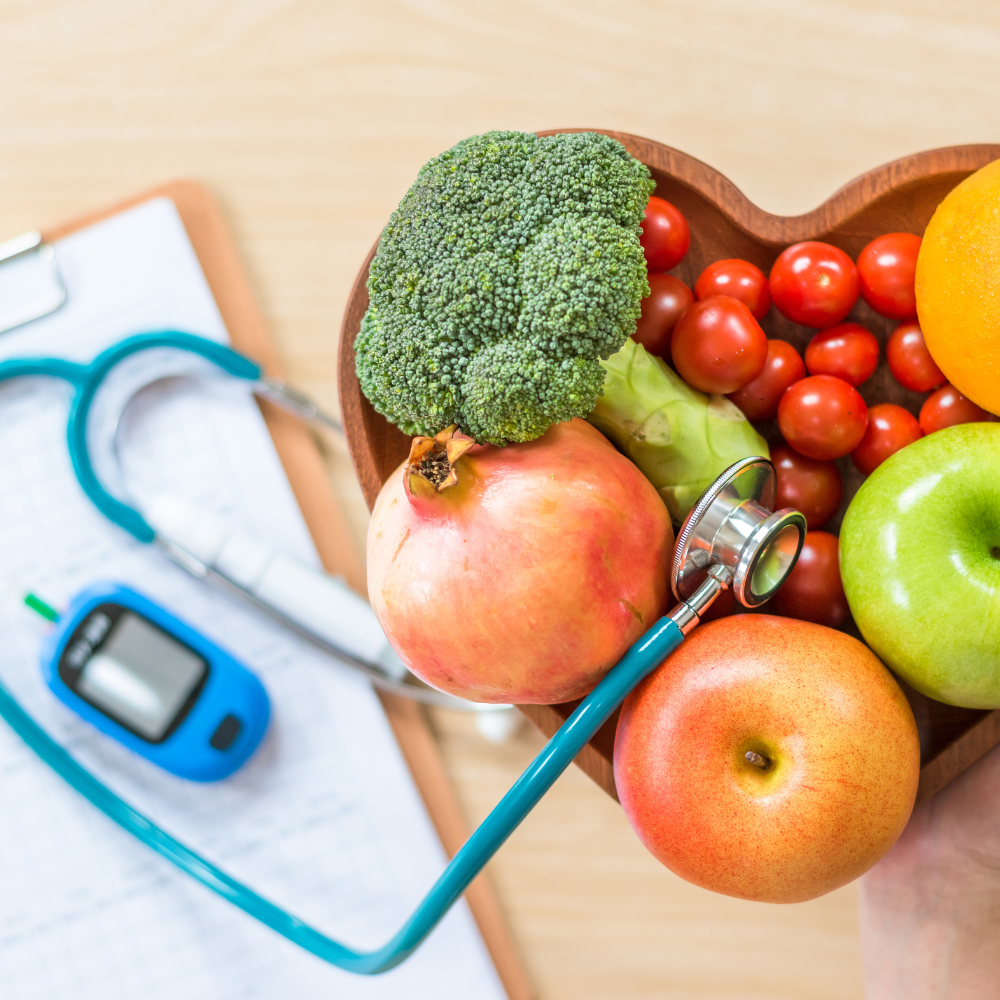Clean Eating Diet: Embracing a Healthier Lifestyle

In a world filled with convenient yet often unhealthy food choices, more and more people are turning to a clean eating diet to improve their overall well-being.
Clean eating is not just a diet; it's a lifestyle that prioritizes whole, unprocessed foods. In this article, we will explore what a clean eating diet entails, its principles, and the numerous benefits it offers.
What is a Clean Eating Diet?
Clean eating is a nutritional approach that focuses on consuming foods in their most natural state, free from additives, preservatives, and artificial ingredients.
The goal is to nourish the body with nutrient-dense foods that support good health and vitality.
The Principles of Clean Eating
At its core, clean eating revolves around the following principles:
- Choose Whole Foods: Opt for fresh fruits, vegetables, whole grains, lean proteins, and healthy fats.
- Eliminate Processed Foods: Minimize or avoid foods high in added sugars, refined carbohydrates, and unhealthy fats.
- Read Labels Carefully: Be mindful of ingredients lists and avoid products with unfamiliar or unhealthy additives.
- Cook at Home: Prepare your meals using whole ingredients to have better control over what you consume.
The Benefits of a Clean Eating Diet
Adopting a clean eating lifestyle can lead to a wide array of benefits, including:
- Improved Digestion: Whole foods are rich in fiber, promoting better digestion and gut health.
- Weight Management: Clean eating encourages mindful eating, making it easier to maintain a healthy weight.
- Enhanced Energy Levels: Nutrient-dense foods provide a steady energy supply throughout the day.
- Better Sleep: A balanced diet can positively impact sleep quality and overall restfulness.
- Boosted Immunity: The vitamins and minerals in whole foods support a robust immune system.
- Mental Clarity: Clean eating has been linked to improved cognitive function and mental well-being.
Getting Started with Clean Eating
Embarking on a clean eating journey can seem daunting, but with a few simple steps, you can set yourself up for success:
- Eliminate Processed Foods: Gradually remove processed snacks and meals from your pantry and fridge.
- Choose Whole Foods: Stock up on fresh produce, lean proteins, whole grains, and healthy fats.
- Read Labels Carefully: Familiarize yourself with ingredient labels to make informed choices.
- Cook at Home: Experiment with clean recipes and meal-prep for a week's worth of nutritious dishes.
Building a Balanced Clean Eating Meal Plan
Creating a well-rounded meal plan is essential to meet your nutritional needs. Consider the following elements:
- Incorporate Lean Proteins: Lean meats, fish, poultry, tofu, and legumes are excellent sources of protein.
- Embrace Fruits and Vegetables: They provide essential vitamins, minerals, and antioxidants.
- Opt for Whole Grains: Brown rice, quinoa, oats, and whole wheat offer more nutrients and fiber.
- Healthy Fats are Essential: Avocado, nuts, seeds, and olive oil are sources of good fats.
- Hydration Matters: Drink plenty of water and limit sugary beverages.
Snacking the Clean Way
Choosing clean snacks is vital to sustain energy and avoid unhealthy cravings. Some clean snack ideas include:
- Fresh fruit slices with nut butter
- Greek yogurt with berries and honey
- Mixed nuts and seeds
- Carrot sticks with hummus
Eating Clean on a Budget
Eating clean doesn't have to be expensive. Consider these budget-friendly tips:
- Buy seasonal produce
- Purchase in bulk
- Plan meals and use leftovers wisely
- Look for sales and discounts
Overcoming Challenges and Staying Motivated
Maintaining a clean eating lifestyle can be challenging at times. Here are some tips to stay on track:
- Dealing with Cravings: Opt for healthier alternatives to satisfy cravings.
- Handling Social Situations: Communicate your dietary preferences to friends and family.
- Mindful Eating: Pay attention to hunger cues and avoid emotional eating.
Clean Eating for Weight Loss
Clean eating can support weight loss efforts by promoting balanced nutrition and portion control.
Clean Eating for Increased Energy
Nutrient-dense foods provide a sustained source of energy, keeping fatigue at bay.
Clean Eating and Digestive Health
Fiber-rich foods aid in digestion and support a healthy gut.
The Connection Between Clean Eating and Mental Well-being
A clean diet can positively impact mood and mental clarity.
Exercise and Clean Eating
Pairing clean eating with regular exercise enhances overall health and fitness.
Celebrating Progress, Not Perfection
Acknowledge your achievements and stay focused on your journey, even if it's not always perfect.
Conclusion
Incorporating a clean eating diet into your lifestyle can lead to transformative improvements in your overall health and well-being.
By choosing whole, nourishing foods and being mindful of your dietary choices, you can achieve sustainable, long-term benefits.
FAQs
Can I eat out while following a clean eating diet?
- Yes, you can make clean choices at restaurants by opting for salads, grilled proteins, and fresh sides.
Is it necessary to cut out all sugar and desserts?
- While reducing added sugars is recommended, occasional indulgences in healthier desserts are acceptable.
Can I drink alcohol on a clean eating plan?
- Moderate alcohol consumption is generally acceptable, but it's essential to choose wisely and avoid excessive intake.
How long will it take to see results on a clean eating diet?
- Individual results may vary, but many people experience positive changes within a few weeks.
Is clean eating suitable for everyone?
- Clean eating is generally a healthy approach, but individual dietary needs may vary, so consult with a healthcare professional if you have specific concerns.
Thanks For Reading
RecognizedReviews.
